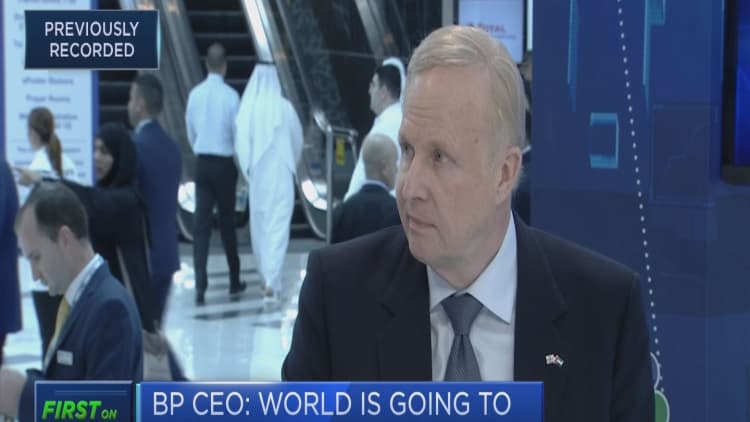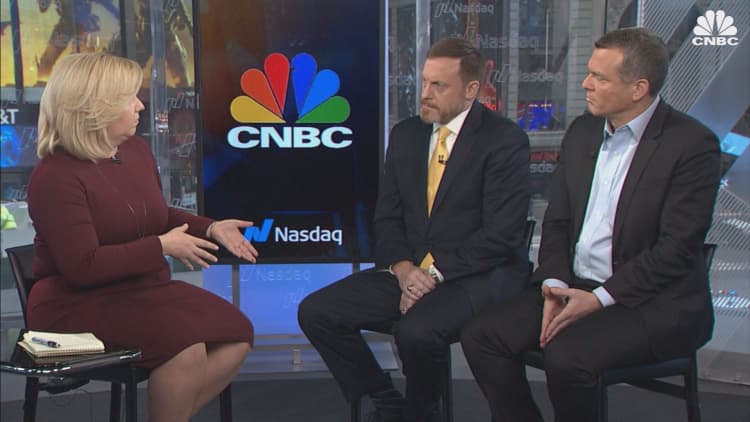Cyber security, energy price shocks and failure of national governance are among the biggest threats to business in 2018, according to research published Monday.
The World Economic Forum (WEF) spoke to more than 12,000 executives around the world about what they considered to be the biggest risks to doing businesses, ranging across political, societal and technological concerns.
Researchers found there were significant variations in risk perceptions between world regions. For example, cyber-attacks were considered the number one risk by executives in Europe and advanced economies, while failure of national governance was the top concern for their Latin American counterparts.
The study also revealed that worries about technological risk is on the rise, with cyber-attacks named as the top concern for executives in three of the eight regions covered. In the 2016 survey, only one region— North America — named cyber-attacks as the biggest threat to business.
In energy-rich regions Eurasia, the Middle East and North Africa, energy price shocks were ranked as the top risk to business.

WEF head of global risks and geopolitical agenda Aengus Collins said that the report had helped the organisation uncover some eye-catching trends.
"Cyber-attacks are increasing in prominence, but it is striking how many business leaders point to unemployment and national governance as the most pressing risks for doing business in their countries," he said in a press release published Monday.
Cyber-attacks hitting businesses
High profile cyber-attacks had already begun to hit companies around the world.
Earlier this month, a data breach at HealthCare.gov exposed the personal details of around 75,000 people, while recent months have also seen customer data breached at airlines Cathay Pacific and British Airways.
Moves are being made to tackle the threat posed by cyber-attacks. At last week's Web Summit in Lisbon, Portugal, Microsoft president Brad Smith told CNBC the firm wanted to work with Congress to establish cybersecurity measures for civilians.

Government action needed
Lori Bailey, global head of cyber risk at Zurich Insurance Group, said in the WEF release that the study's findings pointed to a need for government action.
"Cyber-attacks are seen as the number one risk for doing business in markets that account for 50% of global GDP," she said. "This strongly suggests that governments and businesses need to strengthen cyber security and resilience in order to maintain confidence in a highly connected digital economy."
Meanwhile, John Drzik, president of global risk and digital at Marsh, told WEF researchers that geopolitical tension was a risk that could continue to escalate.
"While large cyber-attacks are the number one concern of executives in advanced economies, there is growing apprehension about the potential for national governance failures in emerging markets," he said. "Across the globe, businesses are also concerned with rising geopolitical friction that has already resulted in rising tariffs and sanctions, and which could further fuel the growing threat of expropriation or political violence."


